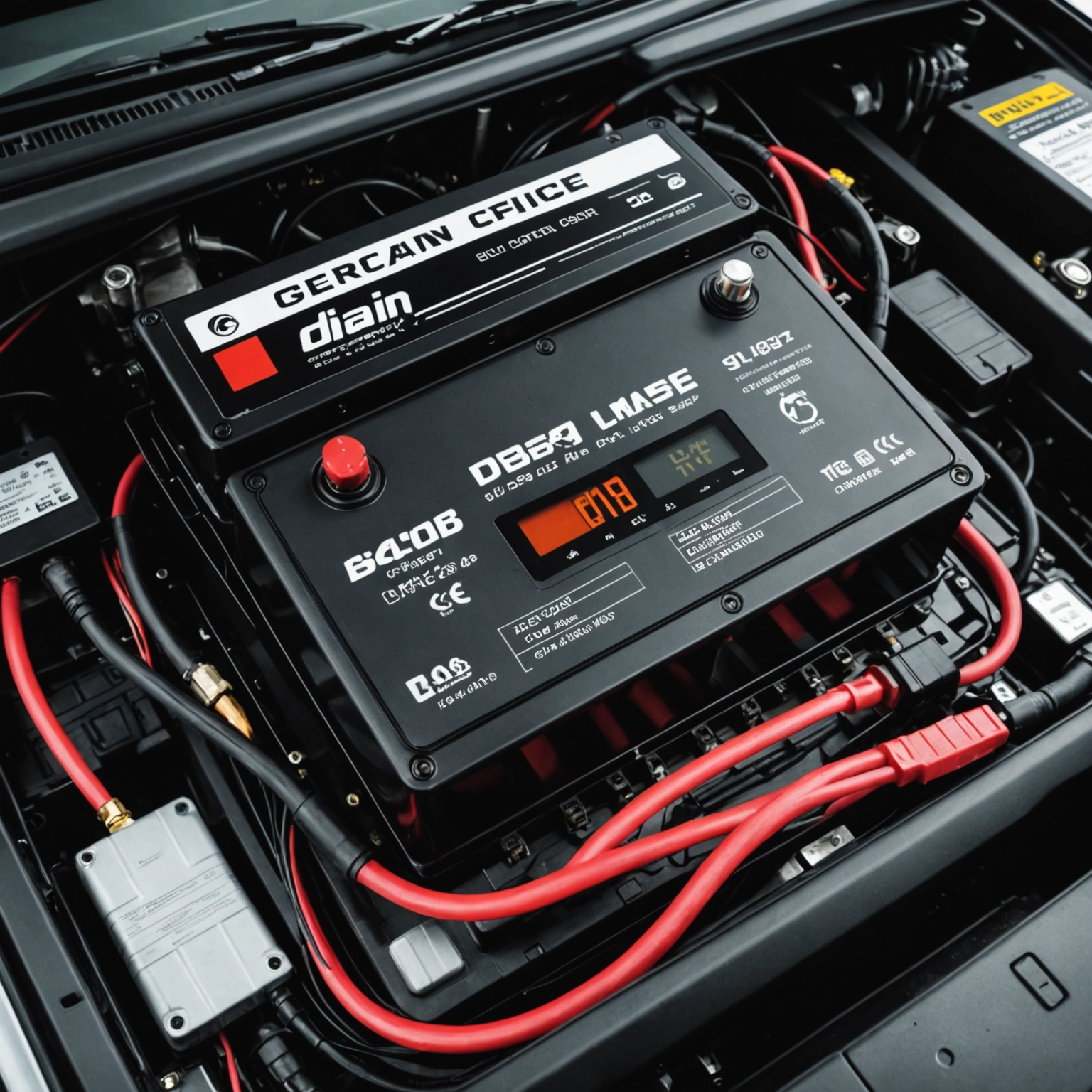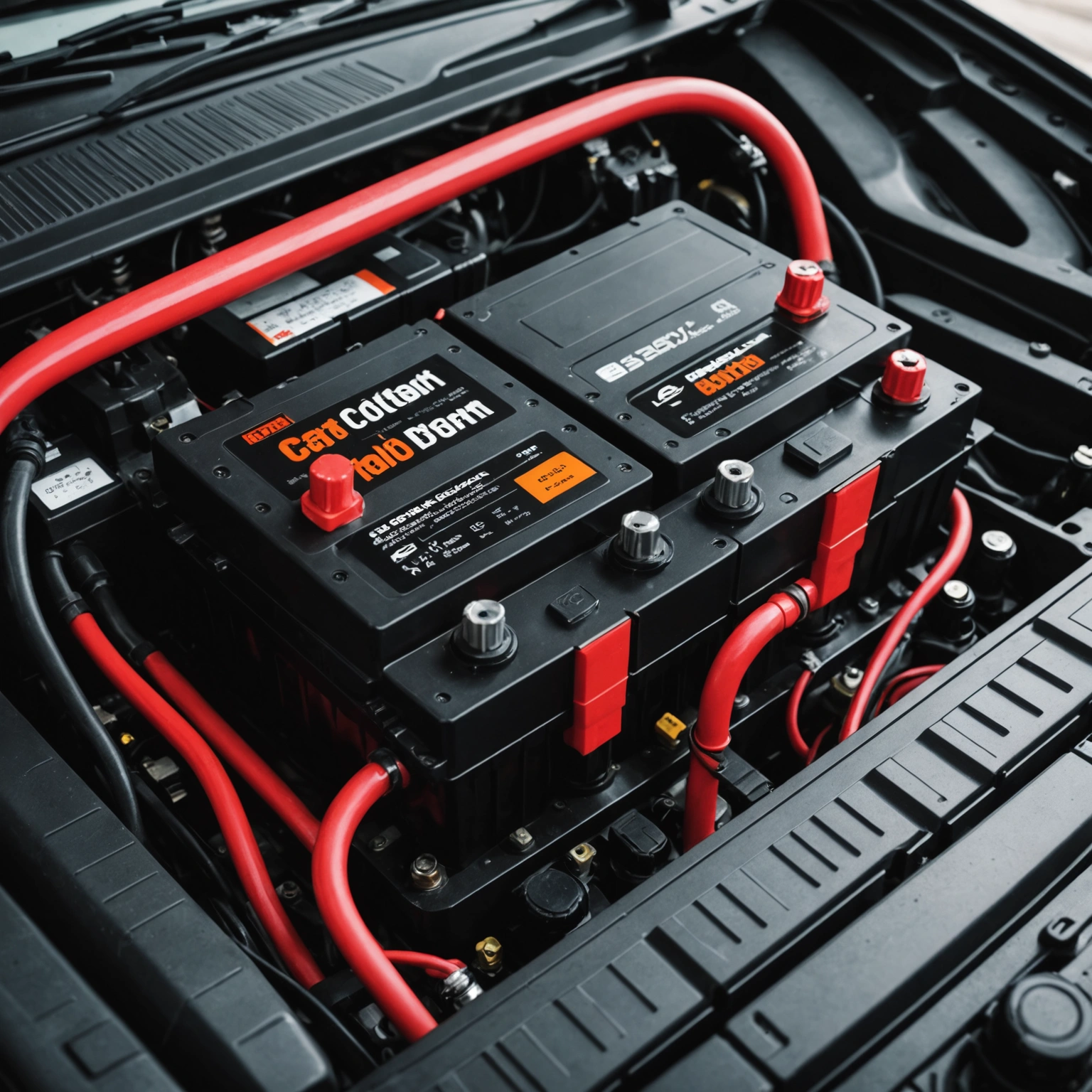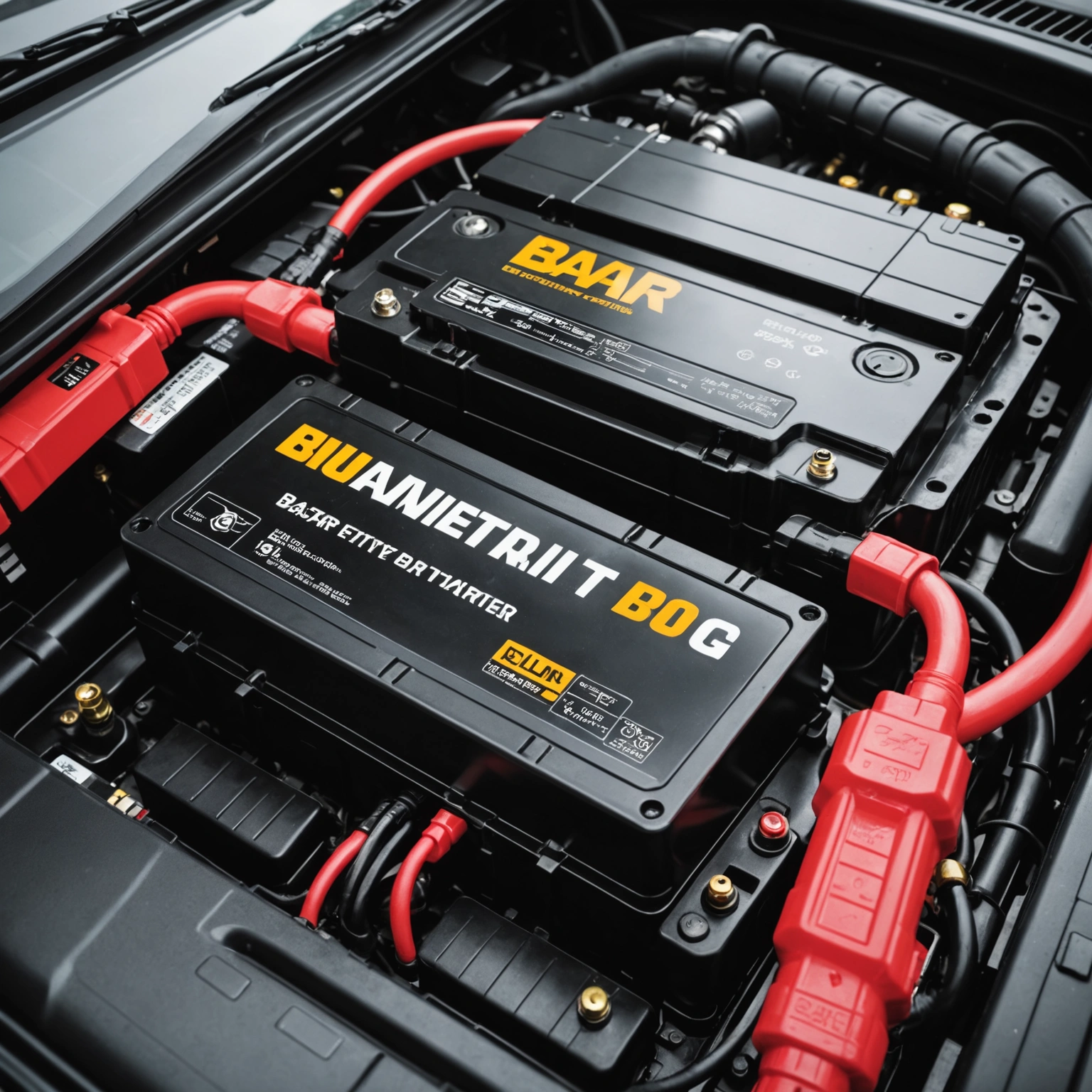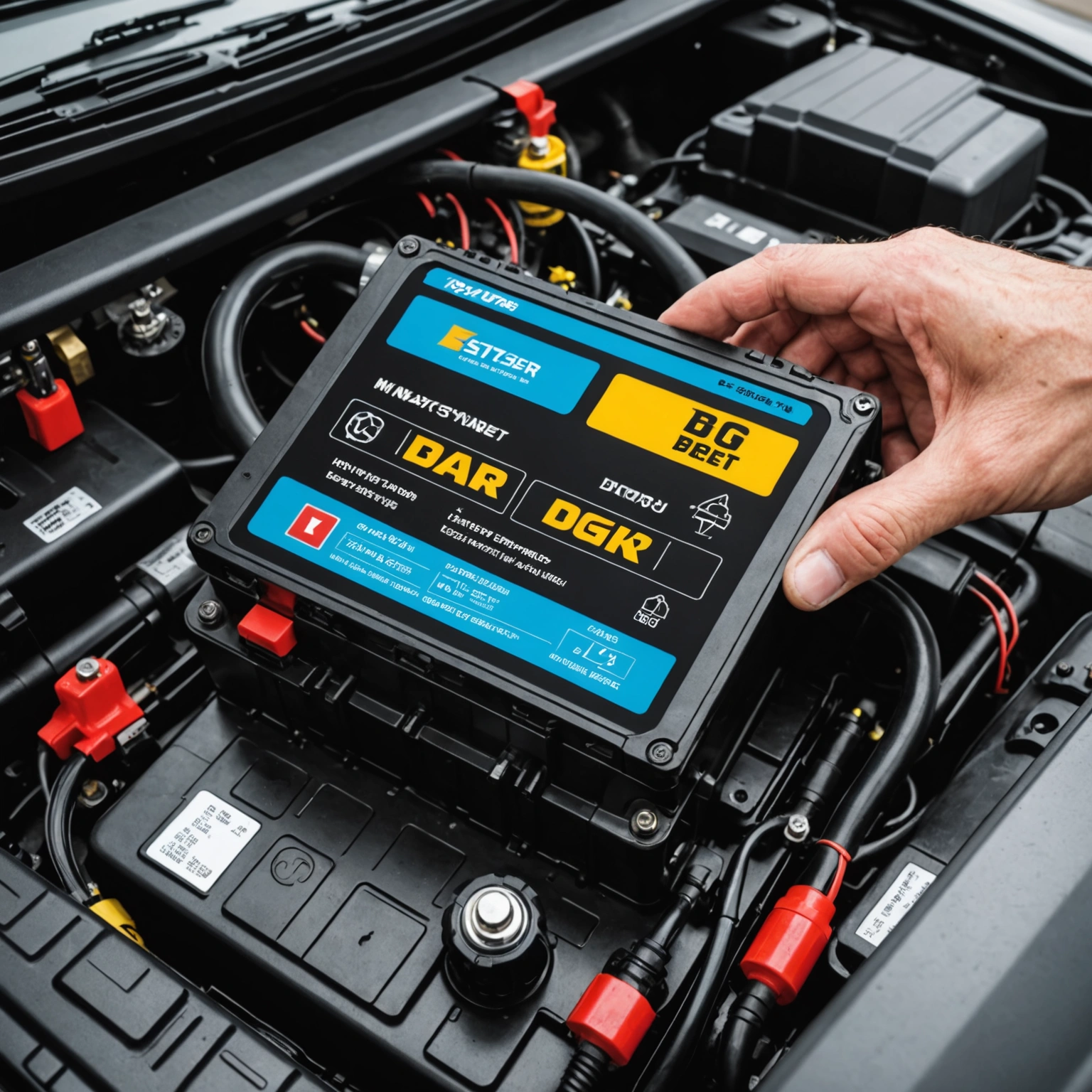**Why Does My Car Battery Drain So Fast? Understanding the Common Causes**
A reliable car battery is essential for starting your vehicle and powering its electrical systems. However, many drivers experience the frustrating issue of their battery draining quickly, often leaving them stranded or needing frequent replacements. If you’re wondering why your car battery drains so fast, you’re not alone. Let’s explore the common causes and what you can do to prevent this problem.

### 1. Parasitic Drainage
**What it is:**

Parasitic drain occurs when electrical components in your car continue to draw power even when the engine is off. Modern vehicles have several systems—like alarms, computer modules, and interior lights—that may inadvertently stay active.
**Signs:**

– Battery drains overnight or within a few days
– The vehicle won’t start after being parked

– Warning lights on the dashboard
**Solution:**
Have a professional perform a parasitic drain test to identify and disconnect any faulty or unnecessary components.
—
### 2. Leaving Accessories On
**What it is:**
Leaving headlights, interior lights, or other electronic devices on after turning off the engine can quickly deplete your battery.
**Signs:**
– Battery seems fine until you forget to turn off a light
– Recent instances of leaving devices plugged in or lights on
**Solution:**
Develop a habit of double-checking that all accessories are turned off before exiting your vehicle.
—
### 3. Old or Faulty Battery
**What it is:**
Car batteries have a limited lifespan, generally 3-5 years. Over time, the internal plates degrade, reducing their ability to hold a charge.
**Signs:**
– Difficulty starting the vehicle, especially in cold weather
– Battery age approaching or exceeding the 3-year mark
– Corrosion or swelling on the battery terminals
**Solution:**
Replace the battery if it’s old or shows signs of deterioration. Regular inspections can help catch issues early.
—
### 4. Charging System Problems
**What it is:**
If your alternator isn’t functioning correctly, your battery may not be charging properly while driving, leading to a drain over time.
**Signs:**
– Dimming headlights
– Warning lights on the dashboard (e.g., battery or alternator warning)
– Frequent need to jump-start the vehicle
**Solution:**
Have your alternator and charging system tested and repaired if necessary.
—
### 5. Extreme Temperatures
**What it is:**
Very cold or hot weather can accelerate battery discharge and damage internal components. Cold weather especially hampers a battery’s ability to deliver power.
**Signs:**
– Difficulty starting in winter
– Shorter battery lifespan during extreme temperatures
**Solution:**
Use a battery warmer in cold climates and ensure your battery is rated for your climate.
—
### 6. Corroded or Loose Terminals
**What it is:**
Corrosion or loose connections at the battery terminals can prevent proper current flow, making it seem like the battery is draining faster.
**Signs:**
– Difficulty starting
– Corrosion buildup (white or bluish powder) on terminals
**Solution:**
Regularly clean terminals with a mixture of baking soda and water and tighten connections.
—
### **Final Tips to Prevent Fast Battery Drain**
– Regularly inspect and clean your battery terminals
– Turn off all accessories when parking
– Replace your battery every 3-5 years or as recommended
– Have your charging system checked periodically
– Avoid exposing your vehicle to extreme temperatures when possible
—
**In Summary:**
A fast-draining car battery can stem from various issues, including parasitic drains, aging batteries, charging system problems, or simple human error. Diagnosing the root cause often requires a systematic approach, but understanding these common factors can help you maintain a healthy battery and keep your vehicle reliable.
If you’re experiencing persistent battery issues, it’s best to consult a professional mechanic who can perform comprehensive diagnostics and ensure your vehicle stays powered and ready to go.

